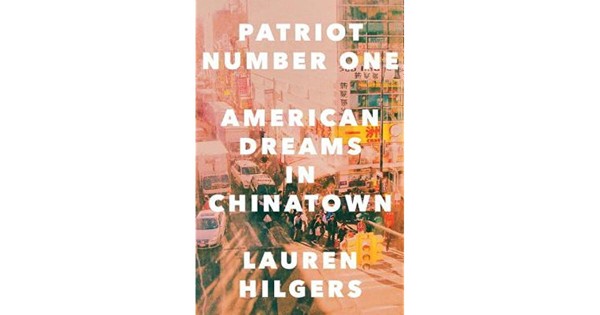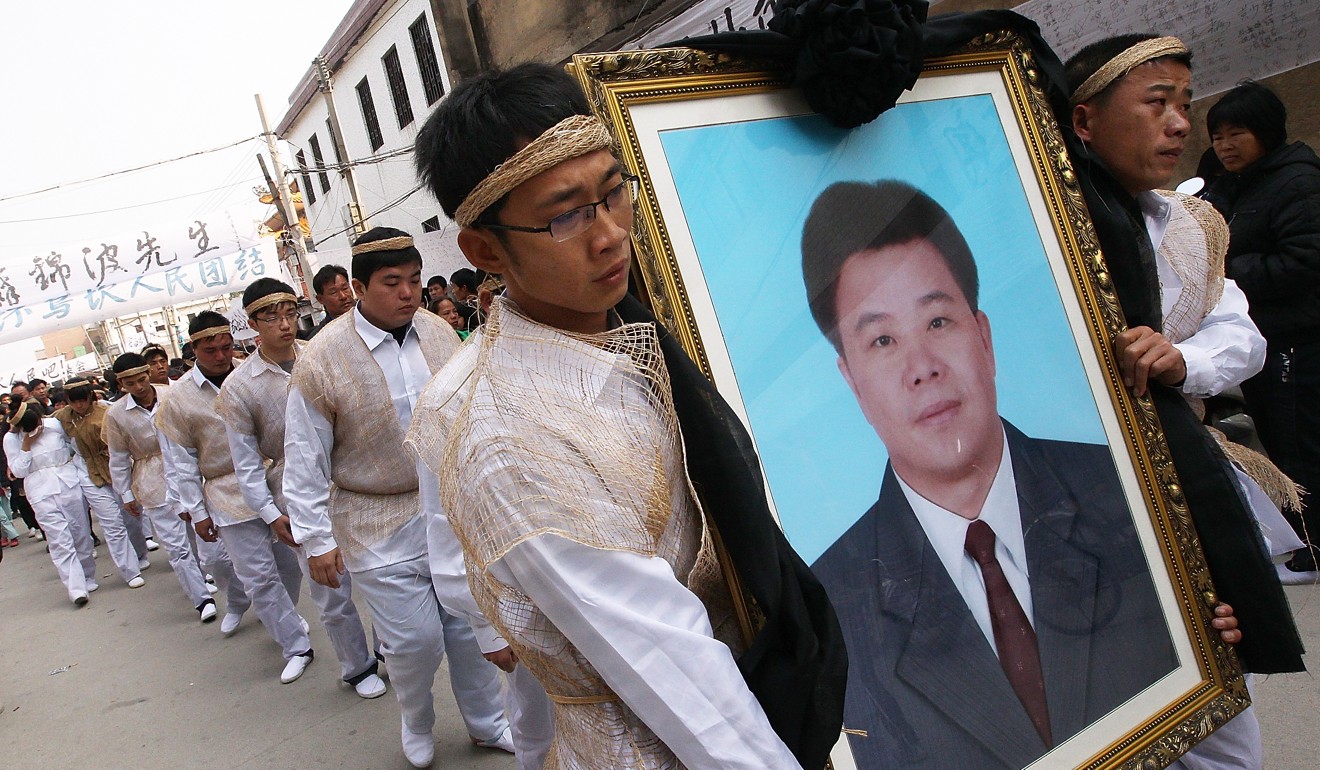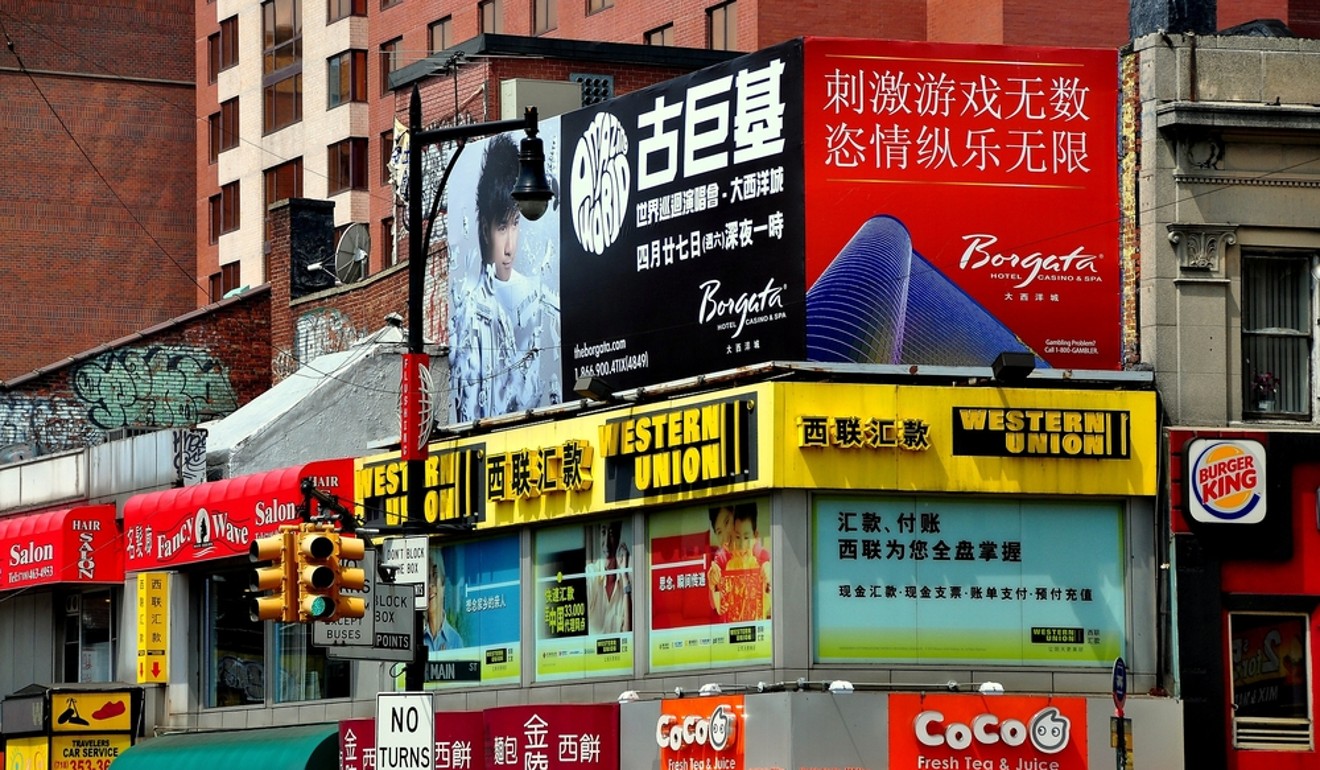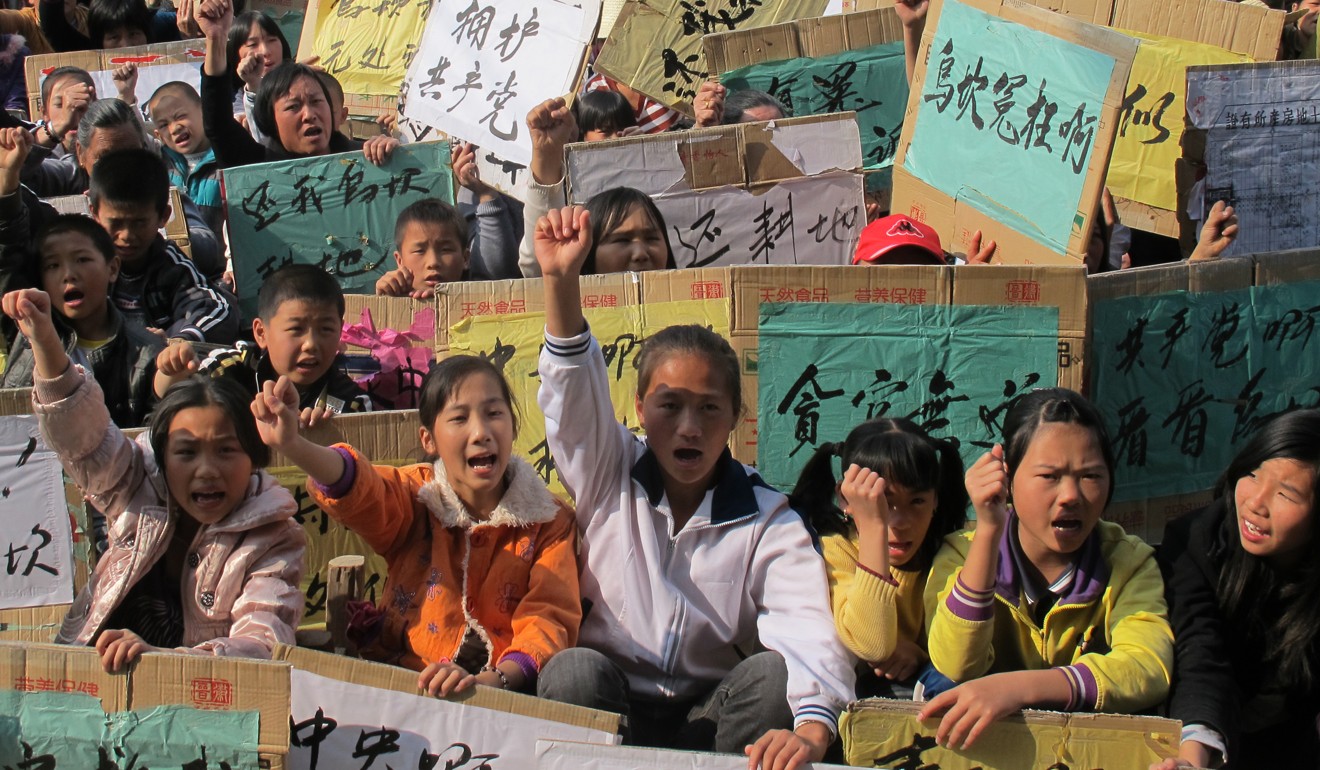
China land protest leader’s pursuit of American dream a textbook story of immigrant grit
Book about Wukan land-grab protest leader Zhuang Liehong’s defection to US with his wife, their claim for political asylum and how they found a ready support network in a New York Chinatown shows how immigration works

Patriot Number One: American Dreams in Chinatown
by Lauren Hilgers
Penguin RandomHouse
3.5 stars
Immigration reform is a hot topic – particularly in the United States – but regardless of one’s position, it is surely in everyone’s best interests that immigrants succeed in their new homes. And one of the most effective paths to success is having a solid support system – such as a family – in a new land. Lauren Hilgers’s recently published book, Patriot Number One: American Dreams in Chinatown, addresses this topic and couldn’t have come at a more pertinent time.
Hilgers didn’t set out to write a book about immigration. As as a Shanghai-based reporter, she was more interested in the 2011 protests in Wukan, in Guangdong province, southern China, against land grabs by the local government, which in turn sold the farmers’ land to developers.

In Wukan, Hilgers met Zhuang Liehong, one of the activist leaders, who called himself “Patriot Number One” online. Several years after Hilgers relocated to New York, she received a phone call from Zhuang, who was visiting Hawaii with his wife, nicknamed Little Yan, during a US tour. The next thing Hilgers knew, they were at her front doorstep.
Zhuang and Little Yan left the tour when it reached Las Vegas, telling their guide that they wanted to spend more time in the US before heading back to China. But the couple defected to the US, leaving their toddler son, Kaizhi, back in China with his maternal grandparents in Guangxi province. What follows is a brave story of immigration and identity in a new land, namely Flushing, Queens. The democracy movement in China becomes a side story.
Patriot Number One is less a China book than a case study and a reminder that immigration succeeds when one is surrounded by family. Zhuang and Little Yan settled in Flushing after learning about its large Chinese population, which made their lives easier as they didn’t speak much English. There they found inexpensive accommodation, either one room in a house or a flat with a shared bathroom, kitchen, and other common living space.

Regardless of the circumstances, immigrants to the US require some sort of a visa. In a way, Zhuang and Little Yan were lucky. Since Zhuang was involved in the Wukan protests – which resulted in the death in prison of colleague Xue Jinbo (Zhuang himself was arrested and jailed for a short time) – the couple learned that they probably qualified to apply for asylum. It seemed the easiest way to stay in the US rather than trying to find a job that would provide work visas, which would be particularly difficult because they didn’t work in hot fields such as engineering or IT.
But when it came to uniting their family – namely bringing Kaizhi to America – they weren’t so lucky. While the couple waited for their asylum case to be processed, they were not allowed to leave the US to visit or bring Kaizhi to New York. And even after their applications were approved, they still couldn’t go to fetch Kaizhi.

Unfamiliar with US immigration law, Zhuang and Little Yan were surprised when their lawyer told them it would look bad if they sought asylum from injustices in China, only to return there a few years later.
Things started looking up when some friends told them about another Chinese immigrant’s impending trip back to southern China for a short visit. Zhuang and Little Yan saw this stranger’s trip as an opportunity to reunite with their son. They offered to pay her to bring Kaizhi across the Pacific to New York.
The wife and mother becomes the backbone of many immigrant families, and Hilgers’ book demonstrates this clearly. While Zhuang often loafed around a Chinese democracy office in Flushing, shooting the breeze with his friends, Little Yan toiled long hours in noxious nail salons and took on exhausting health care work, cleaning up after an old Cantonese couple.
Zhuang, on the other hand, found a welcoming community in Flushing that organised protests online and arranged demonstrations in front of the United Nations. For much of the couple’s early years in New York, Zhuang didn’t bring in any money from his Chinese democracy “work”. Zhuang’s background was, ironically, what allowed the couple to obtain asylum in the US, but Little Yan was the one keeping the family afloat.

Despite not having the equivalent of a US high-school degree, Zhuang felt he was above manual labour. Little Yan, however, seemed to have little choice. She either worked (and went to a business institute at night to earn a certificate that would give her qualifications to work in a medical office) to make money for her family or they would go without food or shelter.
Zhuang later found work in a field occupied by many middle class Americans that kept him busy and earned some money for his family, although Little Yan still brought in most of the couple’s income.
Books such as Patriot Number One show the determination and resilience of new immigrants. And, as with so many immigrant stories, while the women are often in the background, they are usually the ones holding their families together.
Asian Review of Books